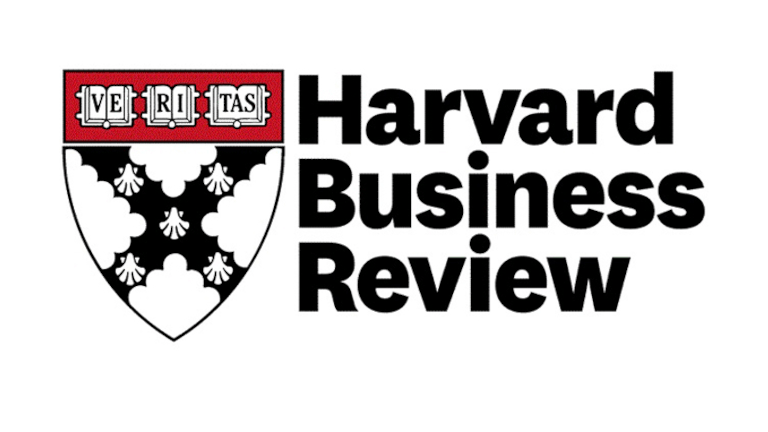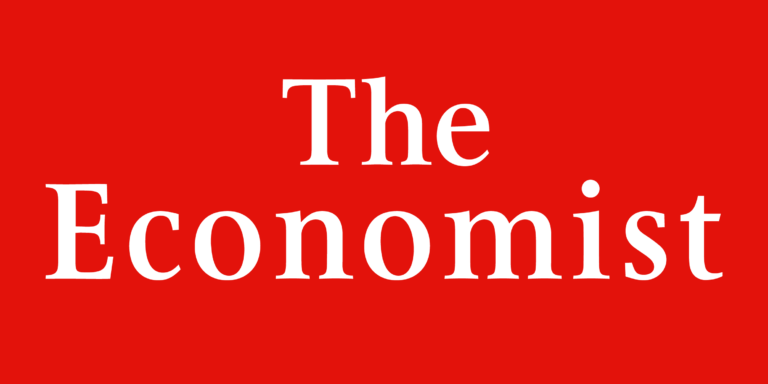Productivity Is About Your Systems, Not Your People
Summary. The pursuit of individual productivity is healthy and worthwhile. However, unless you work independently outside of an organization, the benefits of most “tricks” will be limited. To make a real impact on performance, you have to work at the system level. The author recommends four ways to improve productivity and efficiency by making changes at the organizational level. Create a system of tiered huddles that allow issues to be escalated to the next level of responsibility in a timely manner. Use systems that visually represent where work is so that collaborators have visibility into where a project stands. Make it clear how people should communicate depending on the complexity and urgency of the issue. And, make sure that people responsible for getting tasks done also have the authority to make necessary decisions.
Leaders are always seeking to improve employee productivity (including their own). All too often, that quest goes no further than time management training provided by the HR department. Those classes cover the pros and cons of Inbox Zero, the Pomodoro technique, the Eisenhower matrix, Getting Things Done, and countless other approaches that tantalize us with promises of peak productivity. Given that people are still overwhelmed by work, buried in email, and unable to focus on critical priorities, it’s safe to say that these productivity hacks just don’t hack it.
The problem isn’t with the intrinsic logic of any of these approaches. It’s that they fail to account for the simple fact that most people don’t work in isolation. They work in complex organizations defined by interdependencies among people — and it’s often these interdependencies that have the greatest effect on personal productivity. You can be an email ninja, but with the explosion of email (not to mention instant messages, Twitter, LinkedIn, Slack, and countless other communication tools), you’ll never be fast enough to deal with all the incoming communication. Similarly, your personal urgent/important Eisenhower categories fall apart when the CEO asks you to do stop what you’re doing and handle something right away.
As legendary statistician and management consultant W. Edwards Deming argued in his book Out of the Crisis, 94% of most problems and possibilities for improvement belong to the system, not the individual. I would argue that most productivity improvements belong there as well. Personal solutions can be useful, but the most effective antidote to low productivity and inefficiency must be implemented at the system level, not the individual level.
Here are four countermeasures that will help:







